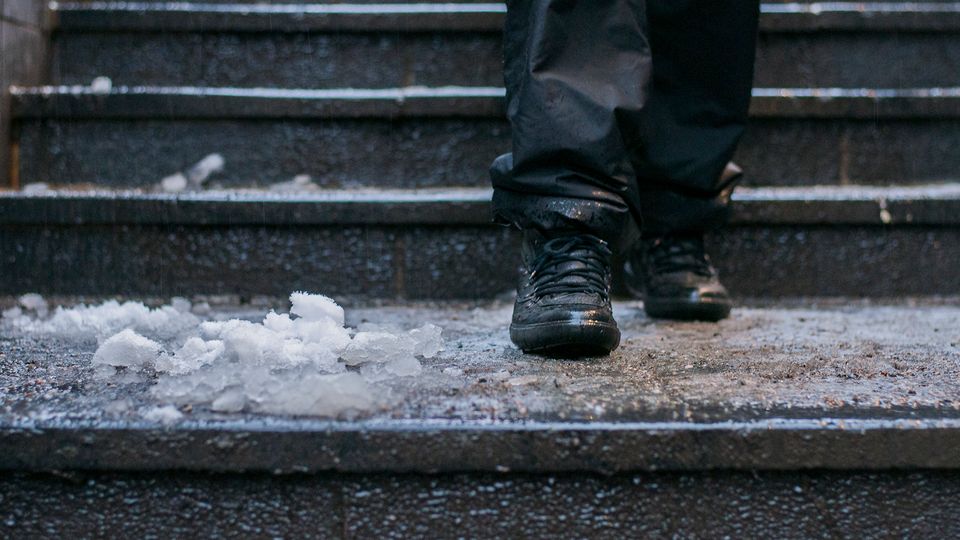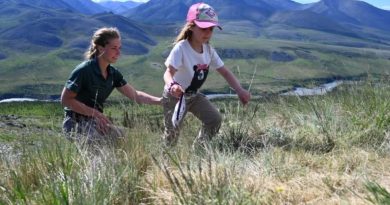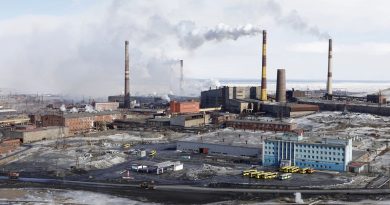Cold, snowy weather spreads across most of Finland

It has been rather cold across Finland in recent days, including in southern areas. Temperatures dropped to a bone-chilling -16.8 degrees Celsius in Lapland’s northern municipality of Muonio overnight on Saturday.
Overnight on Sunday the temperature dropped to -18.7 degrees in Sodankylä, Lapland, and many areas in the country got the first taste of snow on Monday. The most snow – some 15cm of the white stuff – accumulated around southern Finland’s Päijänne Tavastia region.
However, Yle meteorologist Anne Borgström said that starting on Tuesday the cold winter-like weather will be replaced by warmer temperatures and rain.
While temperatures across the country on Monday were expected to remain below zero, the cold snap will start to break during the day Tuesday. Rain and temperatures of around 2 degrees are expected in southern coastal areas on Tuesday, but the upper northern half of the country will still be quite chilly; between zero to -6 degrees Celsius.
Warmer temperatures on Wednesday
Temperatures of 10 degrees are expected in south-west Finland – and 7 degrees in southern areas – on Wednesday, according to the Finnish Meteorological Institute (FMI).
It will be around -2 degrees Celsius (give or take a degree) and snow or sleet is anticipated across much of Finnish Lapland on Wednesday.
Regions south of Lapland will also get precipitation, but in the form of rain on Wednesday, according to the FMI.
Related stories from around the North:
Canada: Wettest August in decades in Dawson City, northwestern Canada, CBC News
Finland: Finland breaks October records with temperatures above 20 degrees, YLE News
Norway: Arctic ecosystems face irreversible change without fast climate action, UN report says, The Independent Barents Observer
Russia: Arctic coastal town of Dikson is fastest-warming place in Russia, The Independent Barents Observer
Sweden: Warm temperatures lasting into autumn across Sweden, Radio Sweden
United States: New study predicts ‘radical re-shaping’ of Arctic landscape by 2100, CBC News



